Policymakers and academics have viewed poverty—its definition and extent, causes for its persistence and ways to tackle it—as a source of concern for a long time. The subject of social exclusion and initiatives to encourage inclusion have recently emerged as responses to the continuing poverty in India.
In Including the Socially Excluded, Rahul Ramagundam explores how social exclusion is linked to the mechanism of poverty. The first section deals with the definition of social exclusion and its connections with the institution of caste, vote-bank politics and rural livelihoods. Is social exclusion a cause of poverty or a consequence of it? Ramagundam answers this question through an investigation of social exclusion as a pervasive phenomenon, affecting democratic practices, the daily lives of the poor, and social and economic transactions between the rich and the poor.
Inclusion, on the other hand, is mostly understood in connection with the state and state action. The second section discusses the attempts of governments in independent India to include those excluded from public life by means of reservations, redistribution of agricultural land, universalisation of primary education and women’s empowerment.
An outcome of the author’s own association with grassroots activism since 1995, this book draws on data and case studies from his decade-long fieldwork in the hinterlands of Bihar, Madhya Pradesh, Uttar Pradesh, Jharkhand and Chhattisgarh.
It will be of interest to students and scholars of sociology and development studies, policymakers and think-tanks, and non-governmental organisations working towards poverty alleviation.

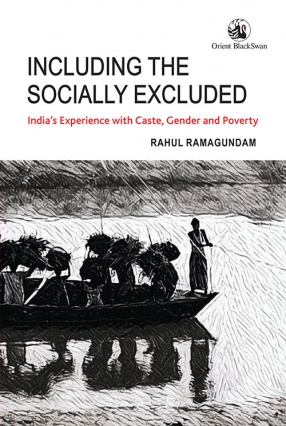
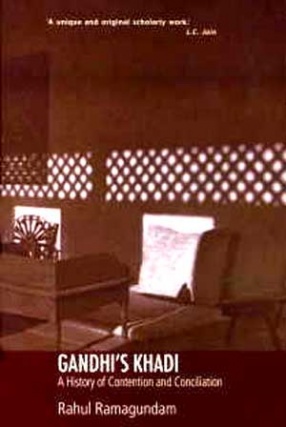
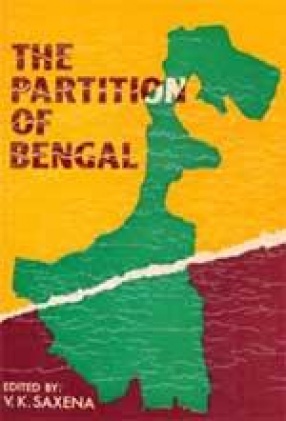
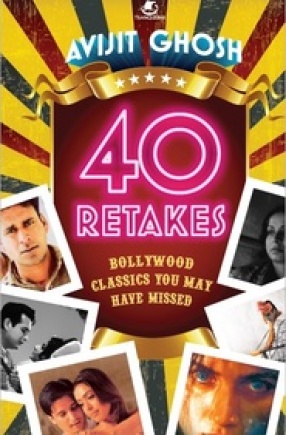
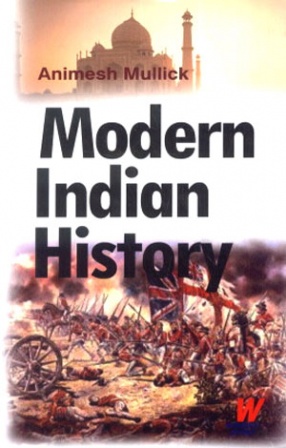
There are no reviews yet.